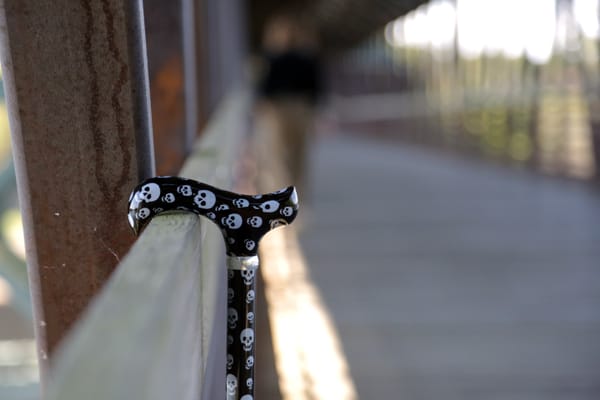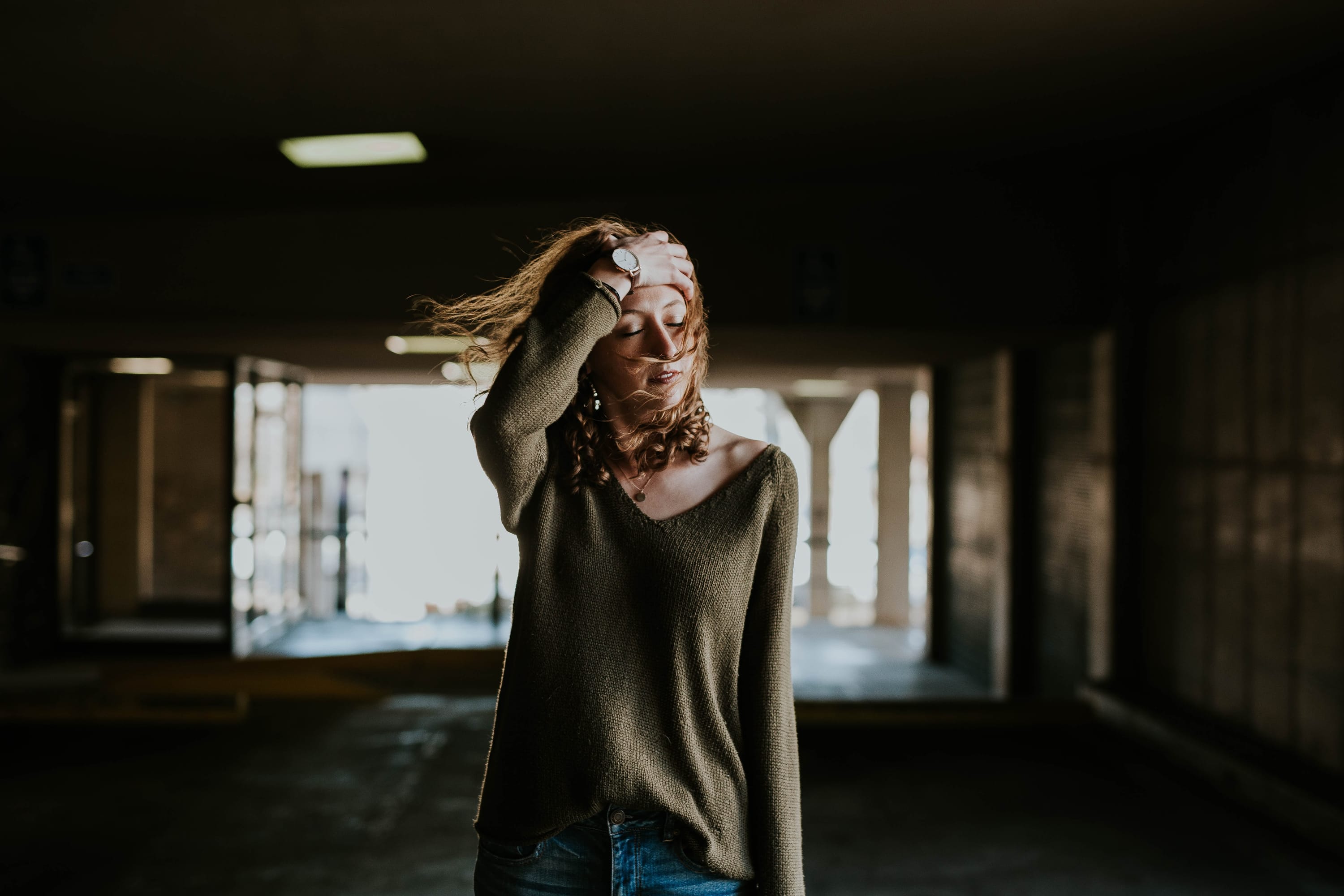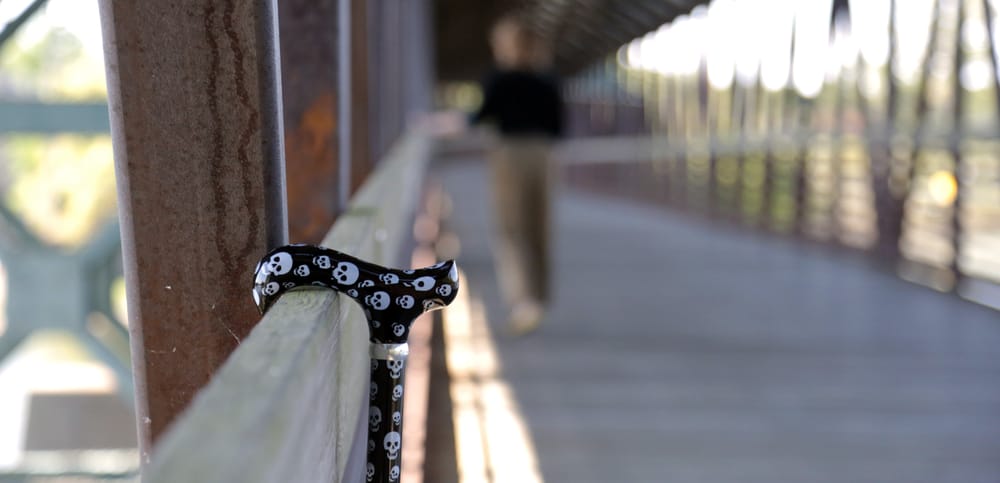*TW/CW: suicidal thoughts*
Yes, despite having C-PTSD, depression, and anxiety for over two decades and PTSD for ten and-a-half years, it's taken me this long to come to terms with my conditions.
After nearly 6 years in therapy, I took an extended break when my partner and I went nomadic in late 2021. My conditions had improved drastically, I had good management tools on hand, and I was finally realizing my dream of travelling the world.
Sure, the anxiety and low days still happened, but I hadn't dealt with a major trigger, extended period of depression, or suicidal thoughts for about six months. I even questioned my status as a mental health advocate because I wasn't sure I "belonged" anymore. Silly, I know, but I'd already begun to focus on future of work and wellness topics with an emphasis on lived experience, so it almost felt fraudulent, in a way.
But I shouldn't have worried because last fall, I dived straight into one of the worst periods of physical and mental health I've ever had. What's worse, these weren't the mental health conditions I'd remembered.
Six months from hell
My depression, which I was used to being intense and awful, but short-lived, changed shape. Instead of minutes or hours of just wanting to die and a few days of doing nothing, I now had weeks of feeling hopeless, apathetic, and removed from reality. I couldn't eat well, couldn't sleep, couldn't think properly. Every day meant constant brain fog and exhaustion and it was all I could do to get my work done. I was just barely functional.
And I won't lie to you, I fucking missed my old depression.
Weirdly, every time I'd come out of what I called a "suicidal episode", it felt like I'd overcome something. Maybe I was even proud of staying alive each time (which is...yeah, I'll make a note of that for my therapist). But this new depression terrified me and felt like a war I was bound to lose.
My anxiety changed, too. Overnight it was like every trigger had ramped up from 0 to 100. Panic attacks, hypervigilance, dissociative episodes, and paranoia became so common, I coped by shutting myself away in our bedroom and taking long walks at odd hours.
These changes came during two busy work seasons and multiple moves, so there was almost no chance for recovery until, hilariously, I got COVID again this spring. For about two months now, I've been slowly, slowly picking up the pieces again.
Some days, I still wake up with no spoons. Most days, though, I'm back to about half strength. I do whatever I need to to get by, whether that's cooking sitting down, living on my couch, or resting during mid-afternoon energy slumps.
So, what happened?
I still don't really have a good answer to that because it could have been (probably was) a perfect storm of circumstances, environmental factors, and forgotten triggers. What I do know is that my health looks completely different and a lot of the management techniques, coping mechanisms, and habits I built to protect myself no longer serve me.
And probably the hardest part to admit: I no longer have control.
I think part of me hoped I'd find the magic cocktail of whatever would get me to a consistently functional point. Not "cured" necessarily, but maybe like all the hard work, self-care, and drugs would pay off, you know?
I'm not saying it's wrong to want better health than you do. But years of assuming I'll one day "get better" kind of smacks of internalized ableism (also, obviously, control issues).
Ironically, control and management are exactly what we spent a whole season talking about on our podcast, Bettermental. In many ways, the podcast really helped me think through a lot of this. My co-host Mike and I always joke that working on Bettermental is therapeutic and, well, turns out I needed it.
It took six months of bad mental health, a podcast, and getting back into therapy to me to come to terms with something I didn't realize I was struggling with:
Sometimes, mental health doesn't get better over time.
Call it mental ill health, call it chronic illness, call it disability, call it whatever you want. Whatever the term, I need to accept that my health is fluid and constantly changing.
That's not my fault, but it is my responsibility. And I need to learn to adapt and manage myself better, this time in a healthier way.
An amazing business coach I once worked with told me to "plan as if every week is your worst one." For me, that now means "plan as if every day is a sick day." I'm not quite sure what that looks like yet, but I'll certainly share when I do!
- To get notified when new posts come out, feel free to subscribe here. You can also sign up on my website!
- Learn more about me and my work
- Listen to the Bettermental Podcast






